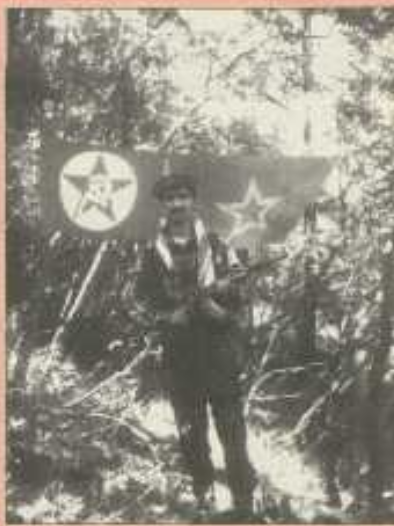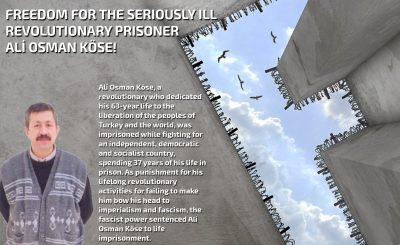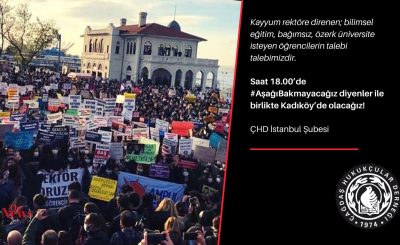On July 26, 1953, some 160 revolutionary fighters attacked a barracks at Santiago de Cuba in Oriente Province. In the course of the attack, many of the fighters were arrested, tortured and executed.
Nevertheless this action resonated as a rallying cry to fight against the tyranny of Fulgencio Batista, who was supported by American imperialism.
The Moncada attack was carried out with limited resources and in the military sense it was a failure. However the most important aspect of it was that it marked a new stage in the revolutionary strategy
compared to what existed previously, and it was conducted by courageous fighters who would fight to their last drop of blood and last bullet, shouting their slogans, it exalted a revolutionary struggle involving self-sacrifice which would overcome all the
obstacles that appeared in the future.
In this way the assault on Moncada constitutes a true manifesto of the Cuban revolution. Very little time passed before the movement which developed from this attack became a political and military force that could not be worn down and was capable of carrying out a revolution.
From December 1956, after a brief exile, the “barbudos” (bearded ones) disembarked on the island in order to start guerrilla war in the Sierra Maestra mountain range. After just two years of fighting, the guerrillas made a triumphant entry into
Havana, arms in hand, acclaimed by the people who were almost weeping with joy.
The challenge the Cuban revolution had to overcome was the July 26 attack. Its architect was the revolutionary organisation called the July 26 Movement, M 26, which bore the inheritance of what was
attempted in the Moncada experience.
The July 26 Movement, born in cordite fumes and blood, would equally go on to be a source of inspiration for new revolutions in other countries.
In Cuba, the courage and sacrifice of these fighters became sources for a new life and a new society.
This courage and sacrifice still strikes blows at imperialism today.
Today, even though there is no longer a socialist bloc, nor are there new revolutions threatening its interests, imperialism is still bent on encouraging counter-revolution in Cuba. Because its fear that new
revolutions will develop has never gone away. For today, it is not the socialist bloc which causes fear among the imperialists but rather men and women who hold socialist values and possess a courage and spirit of sacrifice which cannot be shaken.
Imperialism resorts to massacres, torture, rape, arbitrary actions and lies in order to destroy the hope of the peoples. But despite all that, in the four corners of the world it has to confront stubborn
and growing resistance.
In Turkey, in the struggle against the isolation cells in the F-Type Prisons, 107 of our fighters have lost their lives since October 20, 2000, the date that the hunger strike started. Our fighters struggle
against the imperialist prison system with the same spirit of sacrifice and courage shown by their Cuban comrades.
This spirit of sacrifice and courage is present in the stones thrown by the tiny hands of Palestinian children. It is also present in the bullets fired by the guerrillas in Colombia.
After 50 years, the spirit of July 26 continues to exist and the hope it has created burns as brightly as ever.
Long live the revolutionary leadership which created July 26 and the Cuban revolution.
We salute the Cuban people and its revolutionary leadership which created July 26.
THE ASSAULT ON MONCADA IS OUR HONOUR
THE COURAGE AND SACRIFICE OF THE PEOPLE’S HEROES IS THE LEAVEN OF REVOLUTION
REVOLUTION IS OUR HOPE.
HOPE LIVES, AND WILL CONTINUE TO LIVE
July 23, 2003
DHKC International




